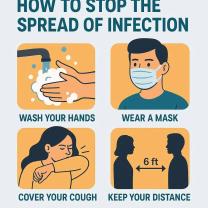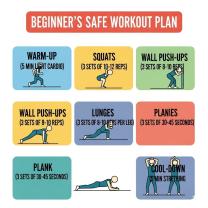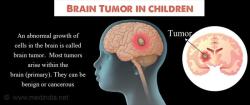What percentage of heart function can you live with?
The heart's function is commonly assessed through its ejection fraction, which represents the percentage of blood pumped out of the heart with each contraction. The ejection fraction is a crucial measure of cardiac function and is often used to evaluate heart health. A normal ejection fraction is generally considered to be 50-70%.
Here's a breakdown of ejection fraction categories:
Normal: A normal ejection fraction typically ranges from 50% to 70%. This means that, with each heartbeat, the heart pumps out 50-70% of the blood it holds.
Mildly Reduced: An ejection fraction between 40% and 49% may be considered mildly reduced. It may still indicate relatively normal heart function, but healthcare professionals may monitor individuals with ejection fractions in this range more closely.
Moderately Reduced: An ejection fraction between 30% and 39% is considered moderately reduced. At this stage, there is a more significant reduction in the heart's pumping efficiency.
Severely Reduced: An ejection fraction of 29% or lower is considered severely reduced. At this stage, the heart's ability to pump blood is significantly compromised.
It's important to note that while ejection fraction is a key indicator of heart function, it is not the only factor considered in assessing heart health. Other aspects, such as the overall structure of the heart, the presence of valve disorders, and the individual's symptoms and medical history, are also important in determining the appropriate course of action and treatment.
Individuals with reduced ejection fraction may be diagnosed with heart failure, a condition where the heart is unable to pump blood effectively to meet the body's needs. Management and treatment may involve medications, lifestyle changes, and, in some cases, surgical interventions or devices like implantable cardioverter-defibrillators (ICDs) or cardiac resynchronization therapy (CRT) devices.
It's crucial for anyone with concerns about their heart health or symptoms of heart-related issues to consult with a healthcare professional for a thorough evaluation and appropriate guidance based on their specific situation. The percentage of heart function one can live with varies, and effective management of heart conditions can significantly improve an individual's quality of life.
What percentage of heart function is necessary for survival?
The percentage of heart function necessary for survival varies from person to person. However, in general, a person with a heart function percentage of below 20% is considered to be in heart failure and is at risk of death.
How does heart function percentage impact overall health and longevity?
Heart function percentage has a significant impact on overall health and longevity. A person with reduced heart function is at increased risk of developing a number of serious health problems, including:
- Heart failure
- Stroke
- Kidney failure
- Arrhythmias
- Sudden cardiac death
Reduced heart function can also lead to a number of symptoms that can make it difficult to live a normal life, such as:
- Fatigue
- Shortness of breath
- Swelling in the legs and feet
- Chest pain
- Coughing
- Lightheadedness
- Dizziness
Are there medical interventions or treatments for individuals with reduced heart function?
Yes, there are a number of medical interventions and treatments for individuals with reduced heart function. These treatments can help to improve heart function, reduce symptoms, and prolong life.
Some common treatments for reduced heart function include:
- Medications: There are a number of medications that can be used to treat reduced heart function, such as ACE inhibitors, ARBs, beta-blockers, and diuretics.
- Surgery: In some cases, surgery may be necessary to improve heart function. This may include coronary artery bypass grafting (CABG), valve replacement surgery, or heart transplant surgery.
- Lifestyle changes: Lifestyle changes, such as quitting smoking, eating a healthy diet, and exercising regularly, can also help to improve heart function.
It is important to note that there is no cure for reduced heart function. However, with the right treatment and lifestyle changes, most people with reduced heart function can live long and healthy lives.











